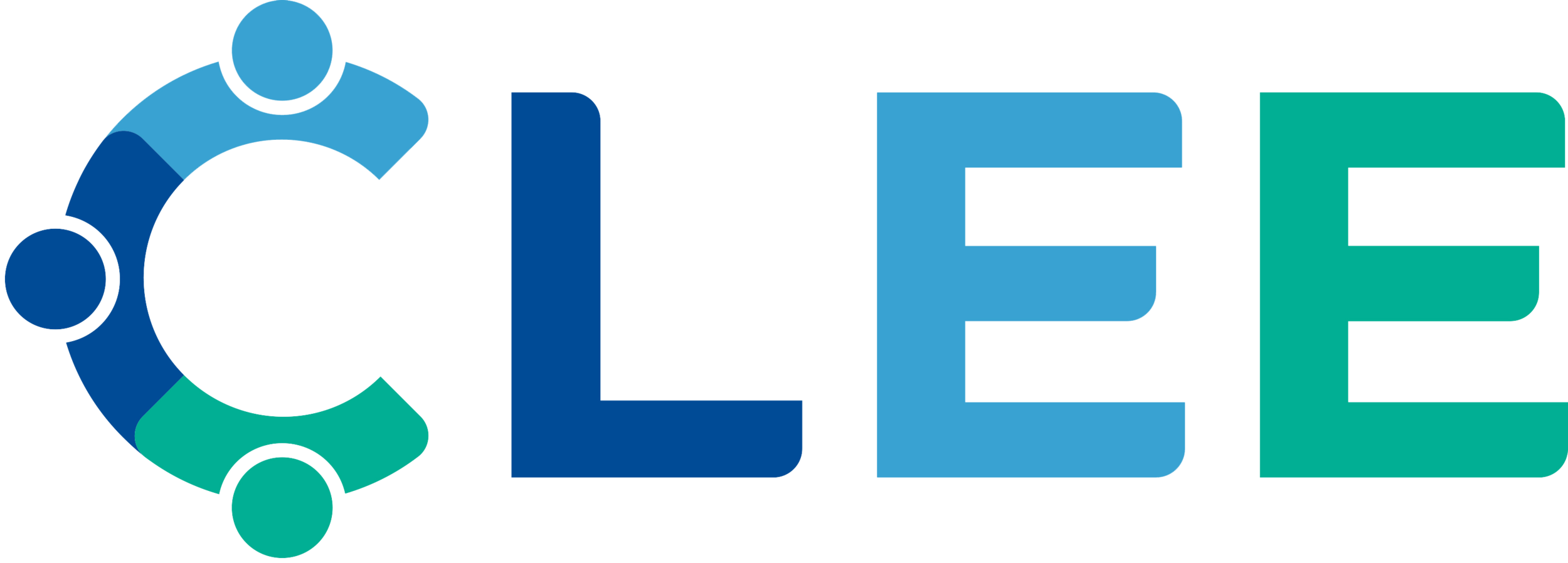CLEE’s Collaborative Equity Audit is an inquiry-based collaborative experience for school, district, and community stakeholders to identify district strengths, uncover inequities and their root causes, and pinpoint high-priority areas for improvement. The voices and perspectives of each stakeholder, as well as input from the larger community, bring this process to life. Students, families and guardians, educators, and community members join together in this work to build equitable opportunities for all students.
Read MoreA summer administrative retreat can serve as an important bridge between school years to celebrate success, learn from challenges, and set direction for the future. CLEE can partner with you to plan and facilitate a team retreat that will charge your team up, bring them together with an aligned purpose ,and all while having fun together!
Read MoreHere is one thing I learned over many years of practice: telling someone how to solve a problem or dilemma means there is a 95% chance that the problem will not be solved and in some cases will get worse. There’s always the 5% of the time that the solution works as envisioned, however that’s not a great return.
In my experience, the conversations that produce the most change in a problem or dilemma are those that follow a conversational sequence designed to open up thinking, not provide a solution or answer. This sequence of questions, developed originally for use in the What? So What? Now What? Protocol, sets up a conversational model that opens up possibilities, supports individual agency, and keeps us working in our realm of influence.
Do you need to hire? Ideally, an amazing candidate shows up at the perfect time with the best qualifications, an equity mindset, with a background that can connect with each and every student in your district. Hiring takes time and thoughtful systems and practices to create and continuously attract and retain the best adults to support students.
Read MoreContinuous Improvement can sound like fixing something that is wrong, but it is actually a structured process to strategize for success. It fosters a growth mindset, especially toward planning, evaluating, and adopting new practices to foster equity for students in your setting. Using state assessment and other student data is an essential part of the process. An overlooked and potent form of data is student perspective data. Student perspectives can be a crucial data point, especially in making improvements for educational equity.
Read MoreAs you know, the Massachusetts Student Opportunity Act (SOA) requires your district to create a three-year plan to rapidly address persistent disparities in achievement across student groups. One of the requirements of these plans is to select evidence-based programs to address disparities in outcomes. We can help your district with the implementation of your plans.
The Center for Leadership and Educational Equity (CLEE) has many evidence-based professional development practices that can help address these disparities and measure impact. We are a national organization located in Rhode Island with a local footprint in Massachusetts.
Read MoreA school or district improvement plan can just be another requirement or it can be an opportunity to set direction for increasing equity. CLEE’s strategic planning services engage stakeholders in a collaborative process to share their perspectives and help define strategic priorities. This tailored process guides you and your colleagues in identifying high-priority goals and strategies that increase learning and equity for each and every student. Together you construct a clear guide for the next phases of improvement.
Read MoreDo your team meetings feel engaging and leave you charged up with purpose and new learning, as well as suggesting tools and strategies to enact next steps? Do you get a lot done together in a short amount of time? Or do you find yourself thinking that could have been accomplished in email? CLEE can help make your team time more effective and help you advance your improvement goals.
Read MoreCreating a strategic plan for my district periodically is not only a requirement, but an opportunity to make changes to improve outcomes for my students. The last time we created a district plan, we did it all ourselves. I was an Assistant Superintendent at the time, so I took on the task not only of leading the strategic planning process, but also creating a planning process for the district. It was like building an airplane and flying at the same time. It took over months of my professional life.
Read MoreSchool Improvement Plans and District Strategic Plans can be an important roadmap for school improvement, but how do you enact them? How do you keep momentum if leaders and/or educators leave or are added year-to-year?
Read More









